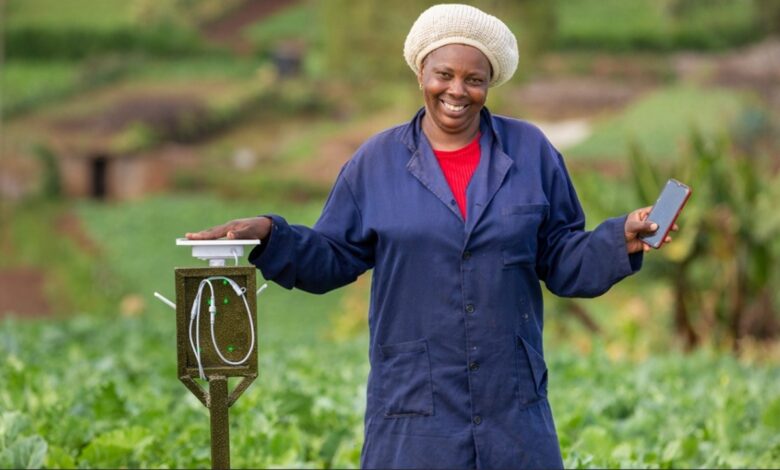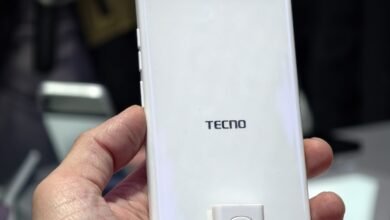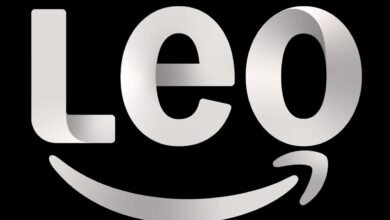
Insights at a Glance
- Kenya has featured every year — the only country with 10 total representations.
- Tunisia had no presence in 2023 but skyrocketed to tie with Kenya by 2025.
- Nigeria, once dominant in 2023, is now leaning into quality over quantity.
- New entrants like Benin and Senegal show Qualcomm’s growing reach across the continent.
- Uganda and Ghana, strong in 2023, are yet to return to the shortlist.
Another year, another Qualcomm shortlist — and once again, Africa is innovating — loudly, boldly, and sometimes, quietly in labs powered by solar panels or tucked behind VR headsets. And since 2023, Qualcomm’s Make in Africa Startup Mentorship Program acts like a high-stakes annual report card: ten of the continent’s brightest startups get the nod, and the rest of us? We read the tea leaves. But this time, something’s changed. Sure, we’ve got the Artificial Intelligence, the solar, the VR, and enough IoT to fill an engineer’s dream board. But dig a little deeper into the 2025 Qualcomm Make in Africa Startup Mentorship Program list, and it’s clear: the balance of power across Africa’s startup ecosystems is beginning to shift.
In 2025, those tea leaves tell a fascinating story. Kenya is still a powerhouse, but Tunisia has just staged a stunning climb. Nigeria? It’s choosing to go leaner, sharper. And emerging ecosystems like Senegal and Benin are creeping into the frame — proof that innovation in Africa isn’t following a script.
But first, let’s set the stage.
The 2025 Cohort at a Glance
This year’s ten selected startups hail from five African countries:
- Kenya (3): Farmer Lifeline, Pollen Patrollers, Solar Freeze
- Tunisia (3): AmalXR, Ecobees, Pixii Motors
- Nigeria (2): Aframend, ClimatrixAI
- Benin (1): Archeos
- Senegal (1): Edulytics
Kenya came into 2025 with a reputation to defend. After dominating last year’s shortlist with four groundbreaking startups — and watching one of them, Aurora Health, scoop the coveted Qualcomm Wireless Reach Award — expectations were sky high. And once again, the country delivered.
Three Kenyan startups secured spots on this year’s list, each one blending local insight with serious tech muscle. Solar Freeze makes the cut, doubling down on solar-powered cold storage solutions that help reduce food waste. Farmer Lifeline is putting AI-powered robots directly into the fields, diagnosing crop issues before they spread. And Pollen Patrollers? They’re throwing tech at one of the planet’s most pressing and overlooked problems: pollination. It’s not just about saving the bees — it’s about securing Africa’s food systems.
Meanwhile, Tunisia Is Having a Moment
While Kenya held steady, Tunisia surged. Once a quieter player in the Qualcomm cohort, Tunisia now shares top honours with Kenya in 2025, also boasting three startups on the list — and what’s striking is the range. Pixii Motors is pushing out AI-optimized electric scooters with battery swap stations, aiming to fix North Africa’s urban mobility problem with clean, scalable tech. AmalXR is using virtual reality not for entertainment, but for clinical rehabilitation — making therapy more accessible and, dare we say, cooler. And Ecobees? Well, if the Kenyan bees have AI-powered backup, the Tunisian ones do too. These guys are tracking hive health, water levels, and even climate variables to keep pollinators thriving in a heating world.
What Tunisia has pulled off this year isn’t a fluke. It’s a signal. While everyone’s been talking about Lagos, Nairobi, and Cape Town, Tunis has been quietly building — and now, it’s starting to roar.
Nigeria, which once led the Qualcomm charts with four startups in 2023, has taken a more minimalist approach this time. Only two Nigerian startups made it into the 2025 shortlist, but they pack a punch. Aframend is using AI to discover new drugs from Africa’s own phytochemical treasures — modern medicine rooted in ancient knowledge. ClimatrixAI is deploying hyperlocal flood prediction tech in a country where extreme weather is no longer an occasional disaster, but a recurring crisis. If anytbing, this doesn’t feel like a retrea, but a pivot from more to meaningful.
Then come the wildcards. Having featured in 2023 courtesy of Neural Labs Africa Ltd, Senegal joins this year’s Qualcomm roster with Edulytics, an AI-powered mobile tool that detects liver fibrosis from ultrasound images. A healthcare moonshot from Dakar. Benin enters with Archeos, an aquaculture automation startup making fish farming smarter, cleaner, and far more efficient.
What’s changed between 2023 and 2025 isn’t just the names on the list — it’s the depth. AI has evolved from buzzword to baseline. Climate tech isn’t a niche; it’s a necessity. Hardware is no longer ignored. In fact, solar panels and sensors are everywhere. It’s as if African innovators have stopped asking for permission to build serious tech — and just started doing it.
This year’s Qualcomm Make in Africa list reminds us that innovation isn’t always loud. Sometimes, it shows up in a fish tank in Cotonou. Or inside a hive in Bizerte. Or on the back of a dusty farm truck in Kericho.
And while Kenya remains a steady hand — reliable, impressive, essential — the continent is shifting. The race is no longer between the old favourites. It’s open season. And the rest of Africa is coming for the crown.





